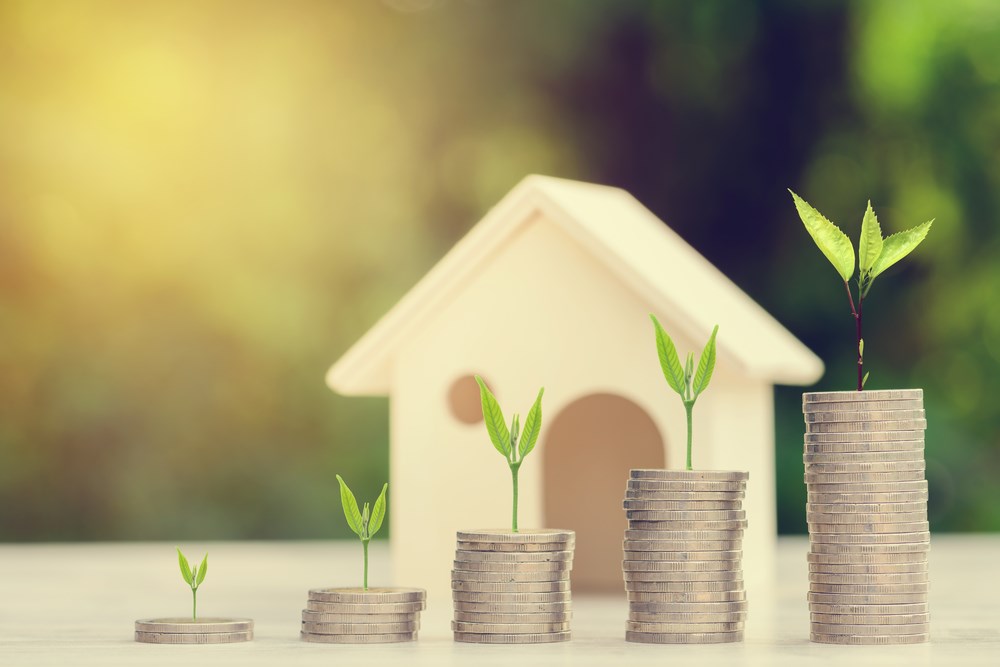One of the most significant financial investments people can make involves purchasing a home. The cost of the house itself, however, is only one of the financial factors you need to consider. Homeowners are also responsible for the cost of their repairs and necessary updates. Whether you buy an older home or brand new construction, you may need to pay to fix structural issues. Other issues can arise, such as a toilet overflowing or animals nesting in your attic. As the homeowner, you are responsible for the cost of addressing these problems.
Homeowners must also pay for trash removal, water delivery, property taxes, and property insurance. Although you may have considered these factors before determining how much to pay for your house, new homeowners can save money even after purchasing their new home.
Comparison Shopping
Consumers can save money by comparing prices when making a new purchase. Sites such as moneygains.co.uk provide information to find the best deal for the goods and services they need. Sign up for the Moneygains newsletter to get regular, helpful cost-cutting tips. Use their site to compare the rates charged by energy providers.
Moneygains also has a community forum where consumers can share tips and information. Community forums offer an effective way to network with smart shoppers so you can learn about money-saving deals and strategies.

Minimizing Interest
Compare interest rates when you apply for a home loan to ensure you’re getting the best rate. It may be possible to refinance your mortgage if interest rates decline after you buy. This can reduce your monthly mortgage payment, but there are several important factors to consider. For example, the lender may charge lender’s mortgage insurance (LMI). Paying LMI could negate the potential savings from reducing your interest rate.
It’s possible you will need to pay break fees, discharge fees, mortgage application fees, and other costs to terminate your existing mortgage and qualify for a new one. The lender may also require you to commit to a payment period that extends beyond what remains on your existing mortgage. For instance, if you only have 20 years left on your current mortgage, but the new loan is for 25 years, you will add five years of payments to your mortgage. Mortgage costs may decrease in the short term, but you may end up paying significantly more in interest over the life of the mortgage.
Energy Efficiency
It’s possible to reduce your energy bill by implementing some good habits. Easy habits to start now include using cold water to wash your clothes and lowering your hot water tank to 120°F to reduce the cost of heating water. Run your dishwasher and dryer during off-peak hours when electricity rates are lower. It’s also a good idea to recharge electronic devices, such as smartphones, during off-peak hours.
Computers, microwave ovens, and any items with a digital clock still use power when they are turned off. One way to reduce your electricity bill is by plugging these items into a power bar and turning it off when those items aren’t in use.
Replace old bulbs with LED bulbs to reduce the cost of lighting. It’s possible to recover this expense through lower energy bills within a few months. Opt for curtains and blinds that can be adjusted to increase the amount of natural light. Place desks and reading chairs near windows to avoid using lamps during the day.
Smart Upgrades

Invest in upgrades that pay off in long-term savings. Add insulation in your attic and around your hot water tank to reduce heat loss. Install a thermostat to conserve the costs of air conditioning or heating when the house is empty. Replace outdated appliances with energy-efficient models that consume less electricity.
It’s also possible to save money by installing new windows. Double-paned or triple-paned windows can reduce heat loss during the winter and prevent drafts. They can also reduce the costs of air conditioning during the summer. It will take longer to recoup this investment, but energy-efficient windows will save you money, make you more comfortable in your home, and increase your property value.






